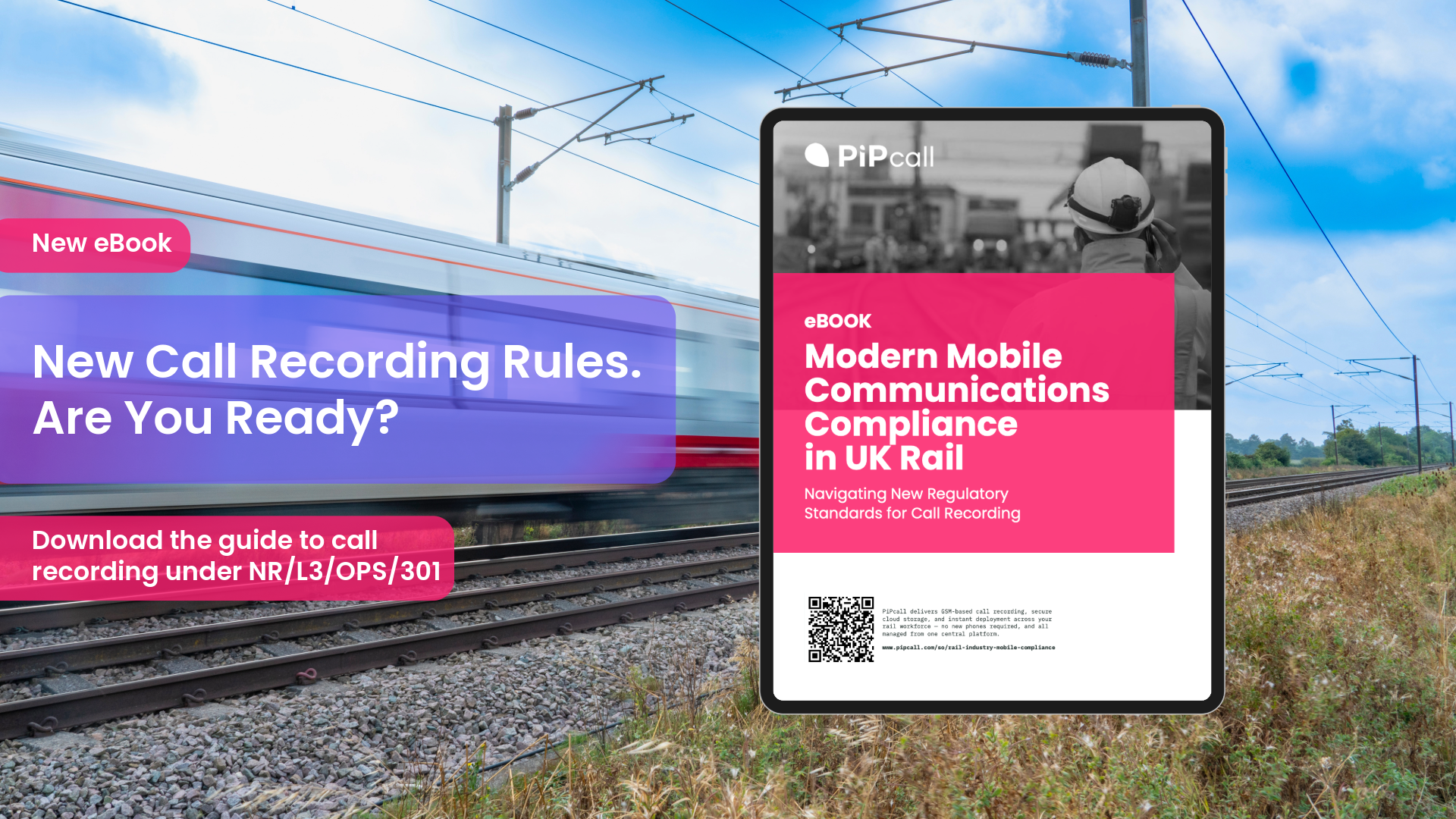As an IT manager, supporting a mobile workforce is a critical component in today’s dynamic business environment. With an increasing number of employees working remotely or on-the-go, it's essential that they have access to communication tools that enable them to perform at their best. However, limited mobile calling features such as a lack of call transfer can create several roadblocks to productivity. Here’s how:
1. Inefficient Communication
Employees on the go need to be able to communicate effectively with colleagues and clients. Limited calling features make it difficult to transfer calls to the appropriate personnel, resulting in wasted time and effort. Moreover, the inability to record calls means valuable information might be lost, and without an option to review conversations, miscommunications can occur.
2. Limited Collaboration
Modern work requires collaboration. When mobile phones do not support features like conference calling or screen sharing, it hampers the ability of staff to collaborate effectively. This is especially detrimental when quick decisions need to be made or when a team needs to solve problems collectively.
3. Reduced Customer Experience
Customer satisfaction is vital to any business. If an employee is unable to transfer a call to a more knowledgeable colleague, or if there is a lack of continuity in customer interactions due to communication limitations, it leads to a frustrating customer experience. This, in turn, can lead to losing clients and damaging your company’s reputation.
4. Inability to Track and Analyse Data
Call recording is not just about capturing conversations; it’s also about data. For businesses, this data is crucial for assessing the quality of customer service, training employees, and understanding customer needs. Without call recording, there’s a missed opportunity for analysing and leveraging this data to make informed decisions.
5. Difficulty in Ensuring Compliance
For businesses in the UK, there are stringent regulations regarding customer interactions, especially in the finance and healthcare sectors. The inability to record calls can make it difficult to prove compliance with regulatory requirements, leaving your business vulnerable to fines and legal issues.
6. Limited Integration with Business Tools
A mobile workforce needs to have access to CRM and a phone system for remote teams and other business tools while on the move. If the mobile devices and plans they use do not integrate well with these tools, it limits their ability to update records, access information, and generally remain productive outside the office.
7. Inadequate Security and Privacy
Limited calling features may also mean inadequate security. Features like encryption and authentication are essential to protect sensitive information discussed in calls. Without these, there is a risk of data breaches, which can have catastrophic consequences for a business.
In Summary
The lack of business-specific features in mobile plans is not just an inconvenience; it has real implications for productivity, customer satisfaction, and even legal compliance. But don't worry, there is a solution.



.png)


